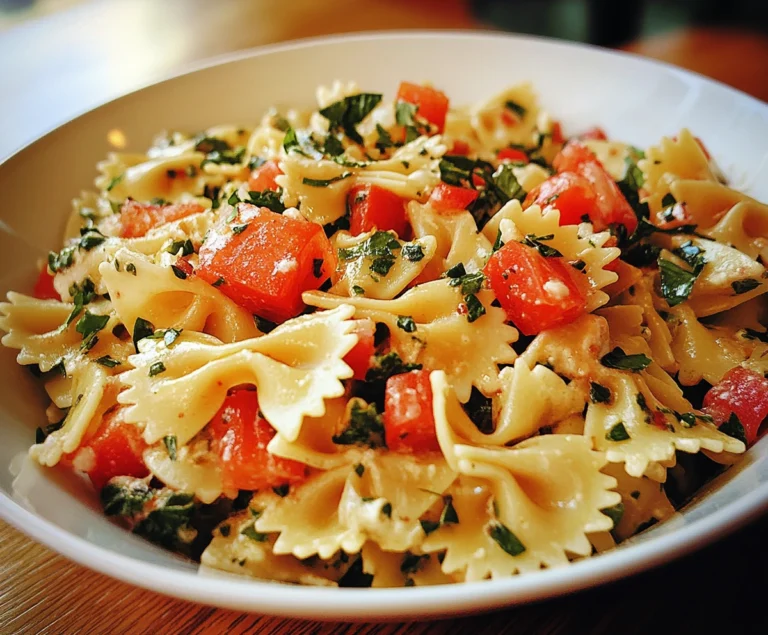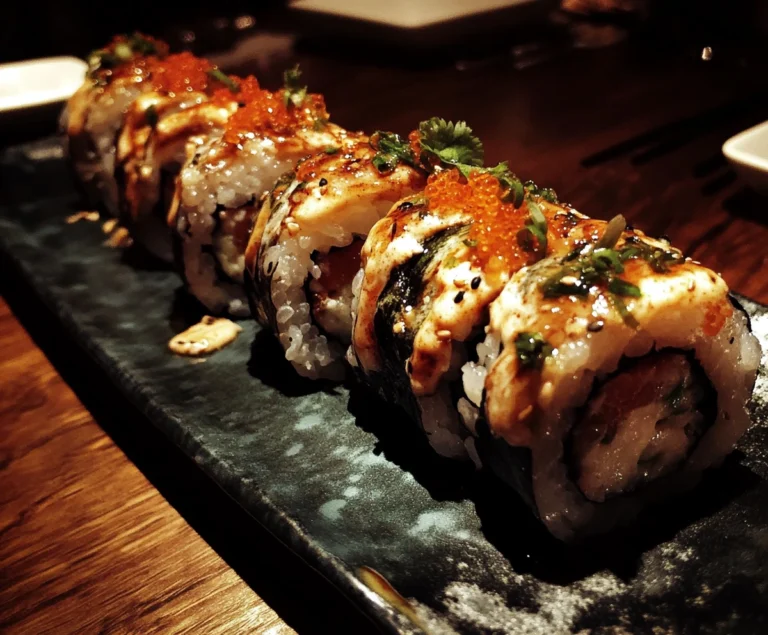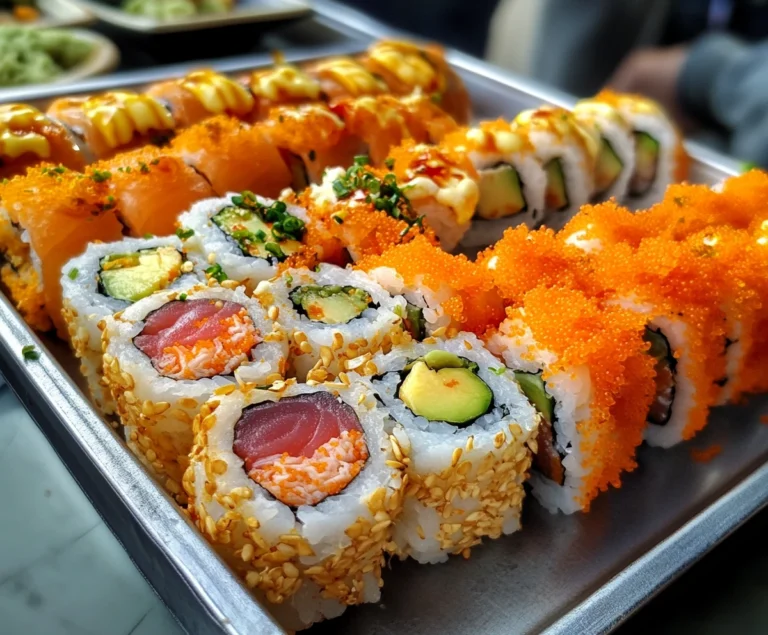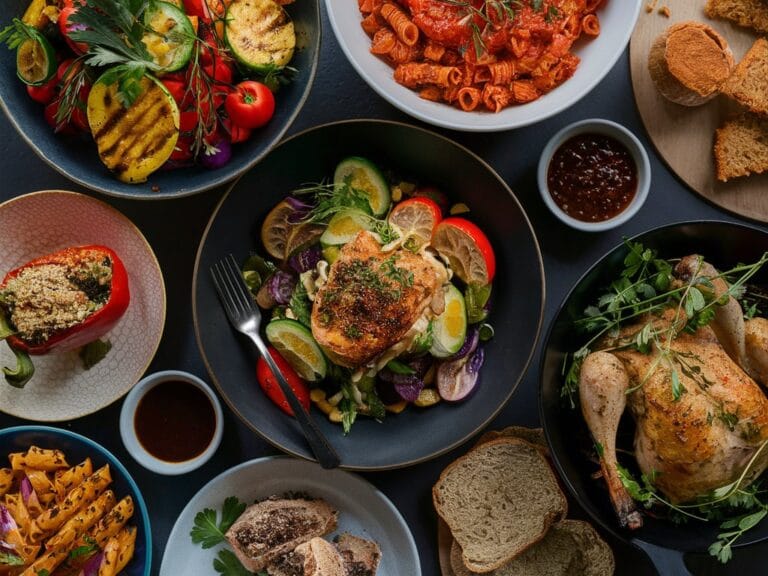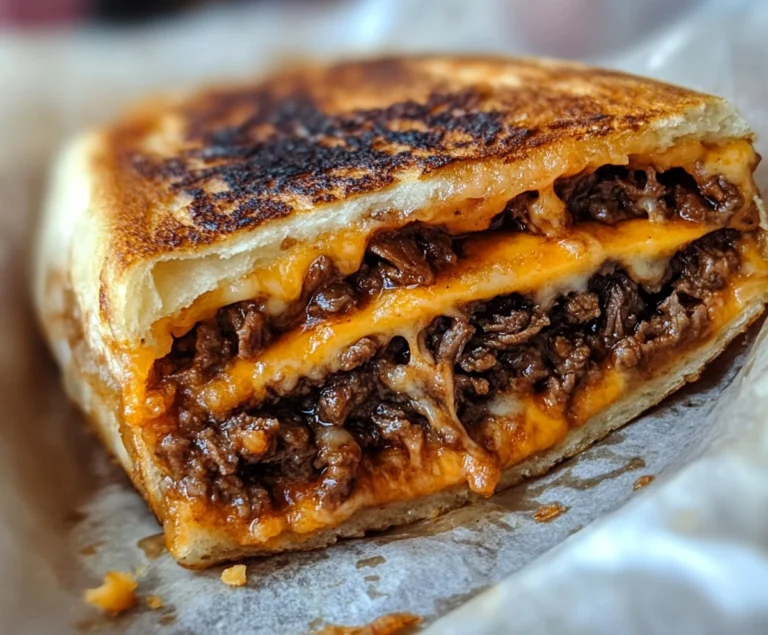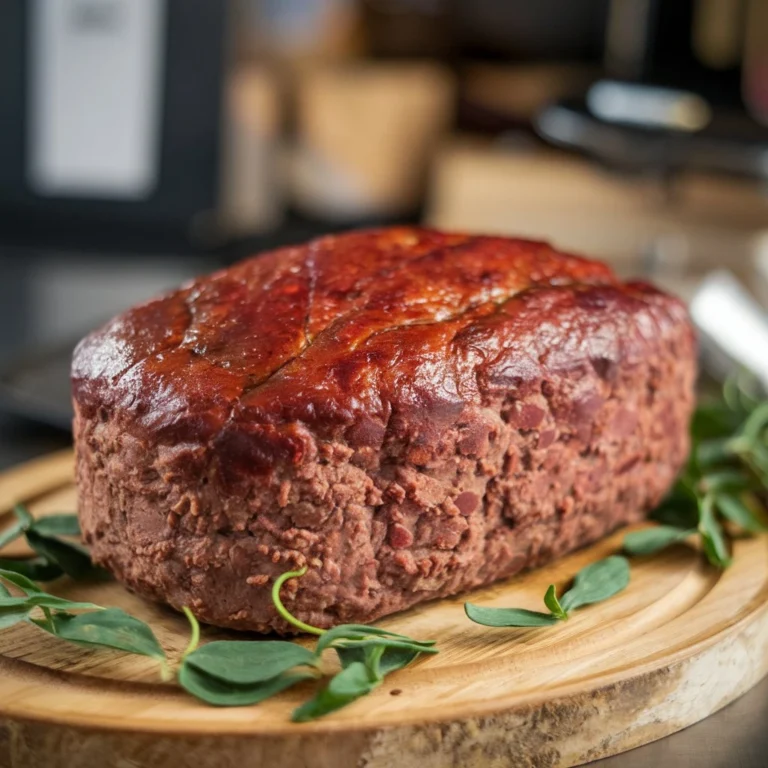Does putting lemon on shrimp cook it?
Cooking seafood, particularly shrimp, using lemon juice is a method often associated with Latin American dishes like ceviche. The process is intriguing because it uses no heat, yet it results in shrimp that appears, and even feels, as though it has been cooked. But does lemon juice truly “cook” shrimp, or does it simply alter its texture? In this comprehensive guide, we’ll explore the science behind this method, how it compares to traditional heat-based cooking, and whether it is a safe and effective way to prepare shrimp.
Throughout the article, we’ll break down how lemon juice interacts with shrimp, provide step-by-step instructions for preparing shrimp ceviche, and examine alternative citrus options. Additionally, we’ll cover the health and safety considerations involved in this cooking method, including important precautions for avoiding foodborne illnesses. By the end of this article, you’ll understand the full process, and perhaps you’ll be ready to experiment with this fresh, zesty, and delicious method of preparing shrimp.
What Is Ceviche?
Ceviche is a traditional Latin American dish that showcases the art of acid cooking—using lemon or lime juice to “cook” seafood without the application of heat. This method is especially popular in countries like Peru, Mexico, and Ecuador. The process involves marinating raw seafood (commonly fish or shrimp) in citrus juices. The acid in the juice denatures the proteins in the seafood, resulting in a texture and appearance similar to that of cooked seafood.
The dish is typically flavored with herbs and vegetables such as cilantro, onions, and chili peppers, creating a refreshing yet bold flavor profile. Shrimp is particularly well-suited to this method because of its firm texture, which holds up well to the acidity in lemon juice.
For those new to acid cooking, ceviche offers a fantastic introduction. The shrimp becomes firm and opaque, and the citrus provides a bright, tangy flavor that complements the sweetness of the shrimp. While ceviche is often viewed as a light, summery dish, it can be enjoyed year-round, and it can be paired with various accompaniments, such as avocado, tortilla chips, or even plantains. If you want to dive deeper into a similar seafood recipe, you might explore more ideas in this shrimp garlic butter recipe.
The Science Behind Lemon Juice and Protein Denaturation
So, how exactly does lemon juice “cook” shrimp? The key lies in the process of protein denaturation, which occurs when proteins lose their natural structure due to external factors. In traditional cooking, heat is the factor that causes proteins to denature, resulting in a change in texture, color, and flavor. However, acids like lemon juice can achieve a similar effect.
When you marinate raw shrimp in lemon juice, the citric acid in the juice breaks down the proteins in the shrimp, causing them to unravel and bond together in new ways. This process alters the shrimp’s texture, making it firmer, and changes its color from translucent to opaque, just as it would if cooked with heat.
However, it’s important to note that lemon juice does not reach the high temperatures required to kill bacteria and parasites. While the acid “cooks” the shrimp on a structural level, it does not eliminate potential pathogens. This is why using the freshest possible shrimp or shrimp that has been previously frozen is essential when preparing ceviche or other dishes involving lemon-marinated shrimp. If you’re interested in the nuances of cooking shrimp, check out this guide to cooking shrimp with lemon.
Comparing Acid Cooking and Heat Cooking
Though both acid cooking and heat cooking alter the shrimp’s texture and color, there are key differences between the two methods. Understanding these distinctions can help you decide when to use one method over the other.
1. Texture
- Acid-cooked shrimp tends to have a firmer texture compared to shrimp that has been boiled or sautéed. The firmer texture is due to the way the acid tightens the protein structure. In contrast, heat-cooked shrimp can range from tender to rubbery, depending on the cooking time and temperature.
2. Flavor
- Lemon or lime juice infuses the shrimp with a bright, tangy flavor during the marination process. In heat cooking, while the natural sweetness of the shrimp comes through, it may not take on as much of the seasoning unless it is cooked in a sauce or with added ingredients like garlic or butter.
3. Safety
- One of the main advantages of heat cooking is that it kills harmful bacteria and parasites present in raw shrimp. Acid cooking does not have this benefit, meaning that you need to be extremely careful with ingredient quality and food handling. Fresh or previously frozen shrimp should always be used in acid cooking to reduce the risk of foodborne illness.
4. Time
- Heat cooking methods (boiling, grilling, or sautéing) typically take just a few minutes to fully cook shrimp. By contrast, acid cooking can take anywhere from 30 minutes to several hours, depending on the size of the shrimp and the strength of the citrus juice.
How Long Does Lemon Juice Take to Cook Shrimp?
The amount of time shrimp needs to “cook” in lemon juice depends on several factors, including the size of the shrimp and your personal preference for texture. Here’s a general guide:
- Small shrimp (under 30 per pound): 30-45 minutes.
- Medium shrimp (21-30 per pound): 1-2 hours.
- Large shrimp (10-20 per pound): 2-4 hours.
The longer the shrimp sits in the lemon juice, the firmer and more opaque it will become. If you prefer shrimp that is slightly softer, remove it from the marinade earlier, around the 30-minute mark for smaller shrimp. For larger shrimp, a full two hours or more might be necessary to achieve the desired texture.
Is Lemon-Cooked Shrimp Safe to Eat?
One of the most critical considerations when using lemon juice to prepare shrimp is safety. Since lemon juice does not kill bacteria or parasites, there is a risk of foodborne illness if the shrimp is not handled properly. However, with the right precautions, lemon-cooked shrimp can be safe and delicious.
1. Use Fresh or Previously Frozen Shrimp
- The quality of your shrimp is key to ensuring safety. If possible, use shrimp that has been previously frozen, as freezing helps kill certain parasites that may be present in raw seafood. Fresh shrimp should be as fresh as possible, ideally purchased from a reputable seafood market.
2. Proper Cleaning and Deveining
- Make sure to thoroughly clean and devein the shrimp before marinating them in lemon juice. Removing the digestive tract not only improves the shrimp’s appearance but also eliminates any remaining waste material that could spoil the dish.
3. Refrigeration While Marinating
- Marinate the shrimp in the refrigerator to prevent bacterial growth. Shrimp should never be left at room temperature for extended periods, even when marinating in citrus juice. Cold temperatures help keep the shrimp safe to eat.
4. Blanching for Extra Safety
- If you’re still concerned about safety, you can lightly blanch the shrimp in boiling water for 30-60 seconds before placing them in lemon juice. This partial cooking method will kill bacteria while still allowing the shrimp to absorb the citrus flavors during marination.
Health Benefits of Lemon-Cooked Shrimp
In addition to being flavorful, shrimp prepared with lemon juice is also a healthy choice. Here are some of the nutritional benefits of lemon-cooked shrimp:
- Low in Calories: Shrimp is naturally low in calories, with around 84 calories per 3-ounce serving. Using lemon juice to cook shrimp means you won’t need added fats like oil or butter, keeping the calorie count low.
- Rich in Protein: Shrimp is an excellent source of lean protein, which is essential for building muscle and supporting overall health. A 3-ounce serving of shrimp contains about 20 grams of protein.
- Good Source of Vitamins and Minerals: Shrimp contains important vitamins and minerals such as vitamin B12, phosphorus, and selenium, which support various functions in the body, including immune health and energy production.
- Healthy Fats: While shrimp is low in fat, the small amount it does contain includes healthy omega-3 fatty acids, which have been shown to support heart health and reduce inflammation.
Using lemon juice to cook shrimp preserves many of these nutrients since no heat is applied, which can sometimes cause vitamin loss during the cooking process.
How to Make Shrimp Ceviche: Step-by-Step Guide
If you’re ready to try cooking shrimp with lemon juice, ceviche is the perfect dish to start with. It’s light, refreshing, and packed with flavor. Below is a basic recipe for making shrimp ceviche, along with tips for customizing it to suit your taste.
Ingredients:
- 1 lb fresh shrimp, peeled and deveined
- 1/2 cup freshly squeezed lemon juice (or lime juice)
- 1 small red onion, finely chopped
- 1 jalapeño, finely chopped (optional for heat)
- 1/4 cup fresh cilantro, chopped
- 1 small cucumber, diced
- 1 avocado, diced
- Salt and pepper to taste
- Tortilla chips or plantain chips for serving
Instructions:
- Marinate the Shrimp: Place the shrimp in a shallow dish and cover with lemon juice. Ensure the shrimp are fully submerged. Let them sit in the refrigerator for 1-2 hours or until they turn opaque and firm to the touch.
- Prepare the Vegetables: While the shrimp is marinating, chop the red onion, jalapeño, cucumber, and cilantro. Combine these in a bowl and set aside.
- Assemble the Ceviche: Once the shrimp is fully “cooked,” drain off some of the excess lemon juice, leaving enough to coat the shrimp. Mix the shrimp with the prepared vegetables and stir in the diced avocado. Season with salt and pepper to taste.
- Serve and Enjoy: Serve the shrimp ceviche immediately with tortilla chips or plantain chips for dipping. You can also serve it as a topping for a salad or alongside a bowl of rice for a heartier meal.
Customization Tips:
- Spice It Up: If you love heat, feel free to add more jalapeños or swap them out for habanero peppers for an extra kick.
- Add Sweetness: For a sweeter flavor contrast, mix in some diced mango or pineapple.
- Herb Variations: While cilantro is the classic herb used in ceviche, you can also try adding fresh mint or basil for a different flavor profile.
Alternatives to Lemon for Cooking Shrimp
While lemon juice is the traditional acid used for cooking shrimp in ceviche, it’s not the only option. Different citrus fruits can impart unique flavors to the dish, so feel free to experiment with the following alternatives:
- Lime Juice: Lime juice offers a more tart and slightly more intense citrus flavor compared to lemon. It’s a popular choice in Mexican ceviche.
- Grapefruit Juice: Grapefruit adds a slightly bitter, tangy flavor that pairs well with the sweetness of shrimp. The pink color of the juice can also add visual appeal to the dish.
- Orange Juice: Orange juice brings a mild sweetness that can balance out the sharp acidity of other citrus fruits. It’s a good choice if you want a more subtle citrus flavor.
- Mixed Citrus: For a more complex flavor profile, try mixing lemon, lime, and orange juice. The combination of sweet, tart, and tangy flavors will make for a uniquely delicious dish.
Common Mistakes to Avoid When Cooking Shrimp with Lemon Juice
Although using lemon juice to “cook” shrimp is a simple process, there are a few common mistakes that can negatively impact the final dish. Here are some pitfalls to avoid:
1. Using Pre-Cooked Shrimp
- Pre-cooked shrimp will become rubbery and overcooked if marinated in lemon juice. Always use raw shrimp for ceviche to achieve the right texture.
2. Not Using Enough Lemon Juice
- It’s important to use enough lemon juice to fully submerge the shrimp. If there isn’t enough juice, the shrimp won’t “cook” evenly, leaving some parts raw and others overcooked.
3. Leaving the Shrimp in Lemon Juice Too Long
- While it’s important to let the shrimp sit in the lemon juice long enough to denature the proteins, leaving it too long can result in a mushy texture. Check the shrimp after 30 minutes and remove it from the marinade once it turns opaque and firm.
4. Skipping the Refrigeration
- Always marinate shrimp in the refrigerator to prevent the growth of harmful bacteria. Leaving it at room temperature for extended periods increases the risk of foodborne illness.
FAQs
Does lemon juice fully cook shrimp?
No, lemon juice denatures the proteins in shrimp but does not kill bacteria or parasites the way heat does. The shrimp will appear and feel cooked, but it is technically raw.
How long should shrimp sit in lemon juice?
Shrimp should marinate in lemon juice for 30 minutes to 2 hours, depending on the size of the shrimp. The shrimp is ready once it becomes opaque and firm to the touch.
Is lemon-cooked shrimp safe for pregnant women?
Pregnant women should avoid consuming raw or undercooked seafood due to the risk of foodborne illness. If you’re pregnant, it’s safer to lightly blanch the shrimp before marinating it in lemon juice.
Can I use bottled lemon juice instead of fresh?
Yes, but fresh lemon juice is preferred for its brighter flavor and acidity. Bottled lemon juice may contain preservatives that affect the taste and quality of the dish.
What happens if you leave shrimp in lemon juice too long?
Leaving shrimp in lemon juice for too long can result in a mushy texture. The acid continues to break down the proteins, so it’s best to remove the shrimp once it turns opaque and firm.
Conclusion
Using lemon juice to “cook” shrimp is a fascinating and effective method that produces a flavorful and fresh dish like ceviche. While acid cooking with lemon alters the shrimp’s texture and appearance, it’s essential to understand that this method doesn’t eliminate bacteria or parasites. With the right precautions, such as using fresh or frozen shrimp and refrigerating while marinating, lemon-cooked shrimp can be both safe and delicious.
Whether you’re new to ceviche or a seasoned pro, experimenting with lemon juice and other citrus flavors can open up a world of culinary possibilities. And if you’re interested in more seafood recipes or cooking tips, be sure to explore additional options like this shrimp garlic butter recipe for more mouth-watering ideas.


